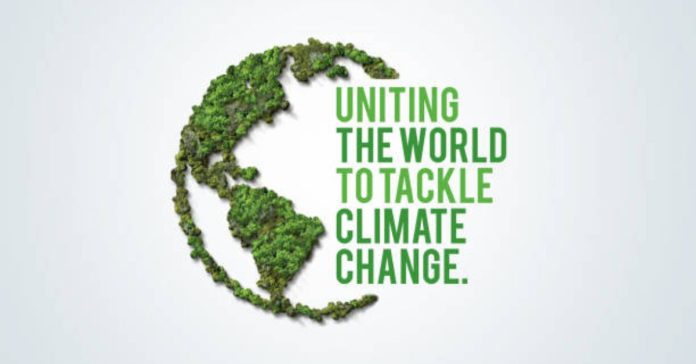The United Nations Conference on Trade and Development (UNCTAD) has recently released the Least Developed Countries Report 2023, which highlights the critical financial challenges faced by the world’s 46 most vulnerable nations
These countries, which are home to over 850 million people, are struggling with multiple global crises, the climate emergency, growing debt burdens, dependence on commodities, and declining foreign investments
The report emphasizes the need for international financial reforms to specifically target the financing requirements of these countries
According to the report, the upcoming Loss and Damage Fund, set to debut at the 28th UN climate change conference (COP28), could be a game-changer for Least Developed Countries (LDCs) if they are among the main beneficiaries, enough resources are available, and disbursements are swift
The fund aims to address the climate-related financial needs of LDCs, which have been severely affected by the economic disruptions since 2020
However, the success of the fund hinges on several factors:
- International cooperation: The international community must improve cooperation to strengthen tax norms, combat illicit financial flows, and facilitate revenue collection in LDCs
- Tailored financial mechanisms: The global financial system lacks appropriate, targeted financial mechanisms for LDCs, and post-COVID-19 reforms have fallen short of expectation.
- Alignment with national targets: The report emphasizes the importance of aligning financial tools with national targets of industrial and fiscal policy
- The Least Developed Countries Report 2023 is intended for a broad readership of governments, policymakers, researchers, and all those involved with LDCs’ development policies
By addressing the critical financial challenges faced by these countries, the Loss and Damage Fund at COP28 has the potential to be a game-changer for LDCs, helping them implement crucial development policies and progress towards the Sustainable Development Goals (SDGs) and a low-carbon transition


